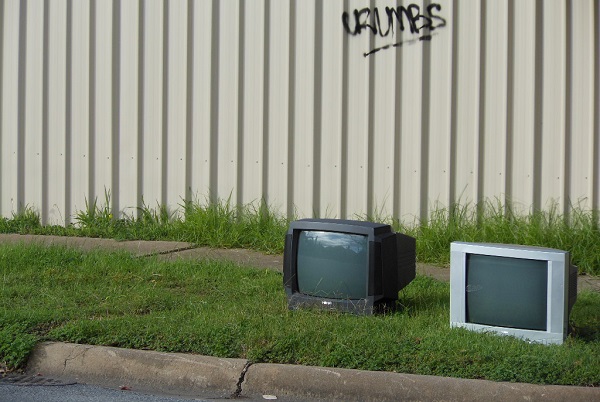While in other parts of the world – especially in regions like the US where the media is perpetually on the bleeding edge – television viewers are engaged with extra content like trivia, polls, still photos, quotes and flashbacks based on the program they’re currently viewing, over here in Africa, second screen entertainment has managed to remain relevant while using the most basic mobile technology – messaging.
The term, second screen describes the use of a phone or tablet to enhance the content being shown on the primary screen. The premise of second screen entertainment (or social entertainment as it’s sometimes called) is simple. Why use just one channel (TV) to engage your audience when you can keep them on your brand on every screen they may possess. Call it 360 degree entertainment if you will.
As at last year, 55% of smartphone users in Nigeria used their phone simultaneously while watching TV. In Kenya, that number was 52%, while South Africa had the highest number of second screen content consumers in Africa (77%).
African reality TV programs have been at the forefront of using this technology to engage their audience which has influenced content delivery, monetisation and value propositions for these programs.
SMS is the most common means of audience participation in these reality TV game shows. Programs like Big Brother Africa, Idols, Project Fame and so on, all involve audience participation via SMS messaging. Even taking it a step further, passionate viewers and fans run concurrent social media campaigns to gather support for their preferred contestants on these shows. It’s not strange to see hashtags (like #SaveChidinma, #SaveEsther, #TeamGodfrey) trending on social media channels while the show is underway. Big Brother Africa, which normally has contestants from different African countries also spurs collaboration on social media across the continent.
Who wants to be a Millionaire is another mega franchise that has used the second screen to engage their audience. The “Play at Home” feature, where viewers are given a question to answer and send in their responses through SMS, lends the program an air of inclusiveness which has done wonders for its ratings in Nigeria.
And that’s the thing about second screen entertainment – it is encompassing without being intrusive. Mobile phones which are a potential distraction as far as these shows are concerned now serve as a portal to even more interactions with the show.
Networks and sponsors of these reality programs are able to use second screen technology to engage their audience because it upgrades the audience from docile consumer to active participatant and even brand evangelist. Consider the number of audience-initiated social media campaigns Big Brother Africa and Project Fame have spawned since they started showing across the continent. As is now the norm, some of these campaigns actually cause a dent on the physical show itself, retaining crowd favorites which is a form of reward for the audience.
Second screen entertainment is not exclusive to reality TV and game shows though. Soccer, which has a massive following on the continent, has also benefitted from social entertainment. European club rivalry has caused an increase in social media activity especially during the football season and on match days. A significant portion of this activity is essentially trolling between rival club fans, nevertheless it’s still second screen entertainment.
Africa is yet to plunge fully into all the possibilities second screen entertainment may offer TV programs and their audience. The relatively low penetration of smartphone in the continent is a huge mitigating factor. Nevertheless, the second screen is slowly but surely, eating the continent up.
This post is brought to you in partnership with WeChat, the all-in-one free messaging app that allows you connect with those that matter the most to you. WeChat powered the first AfricaBeta event in partnership with Techcabal. AfricaBeta held on on October 3rd. Go here to read up on what happened or here to see pictures from the event. Read more about AfricaBeta.
